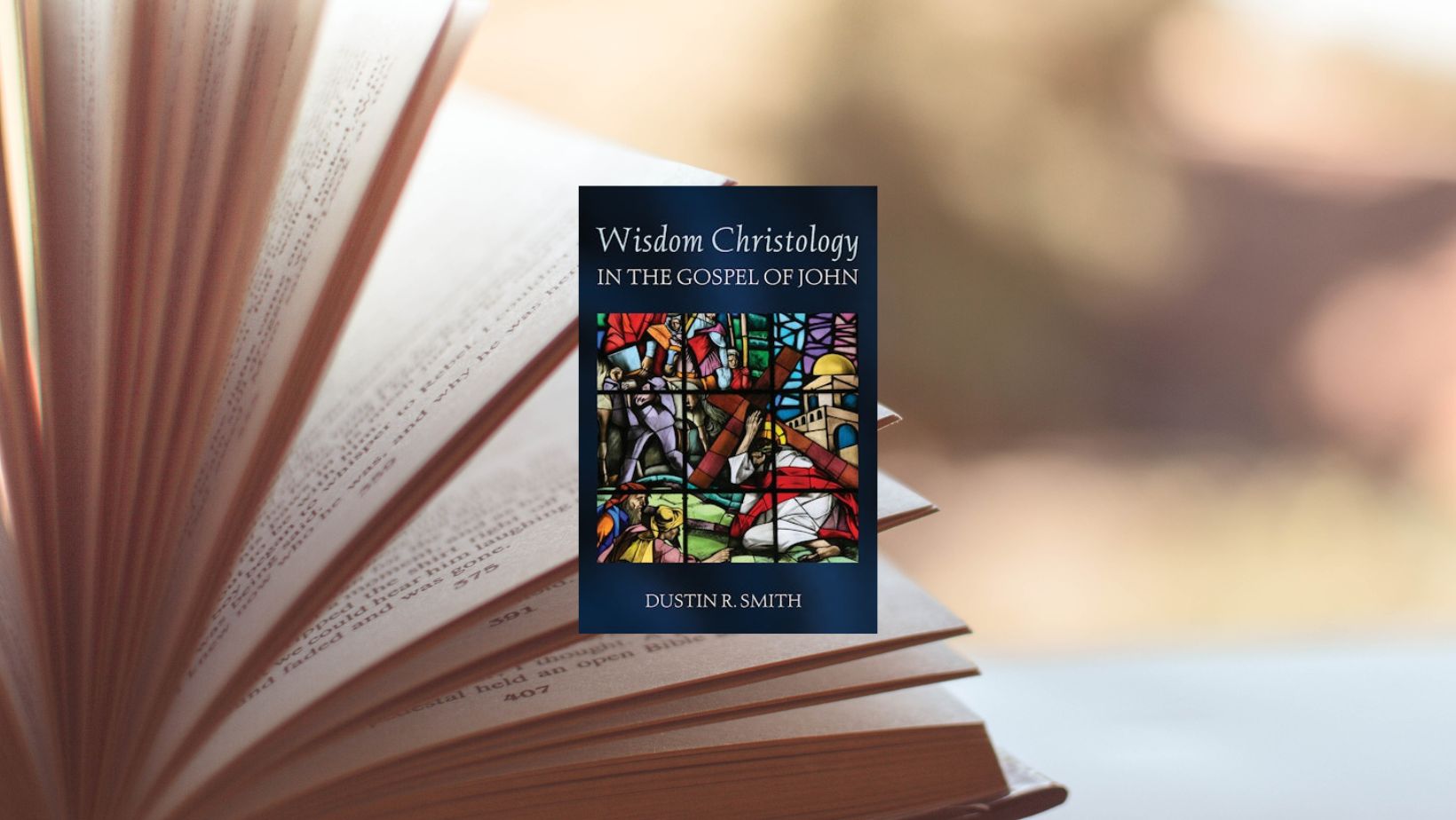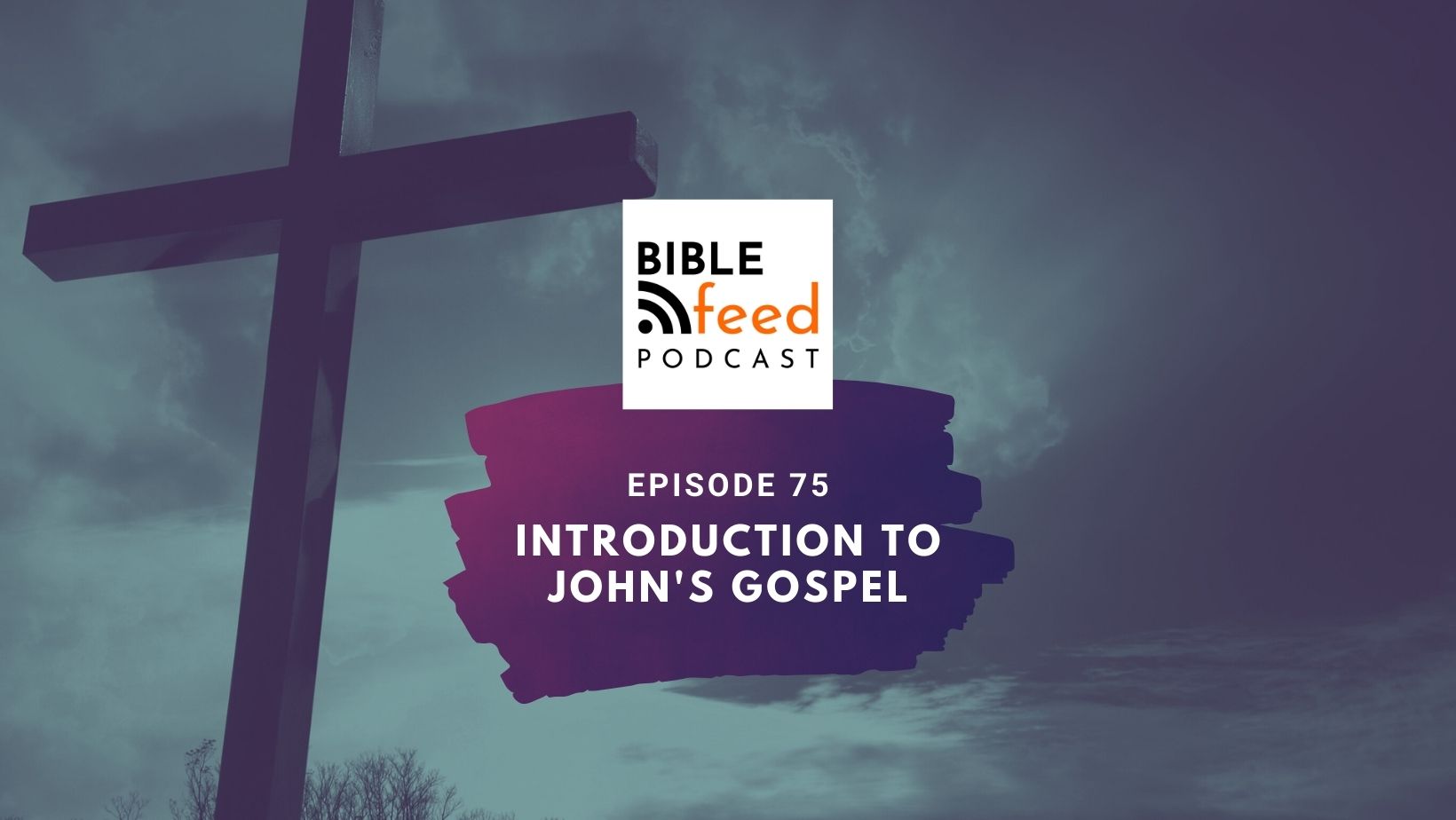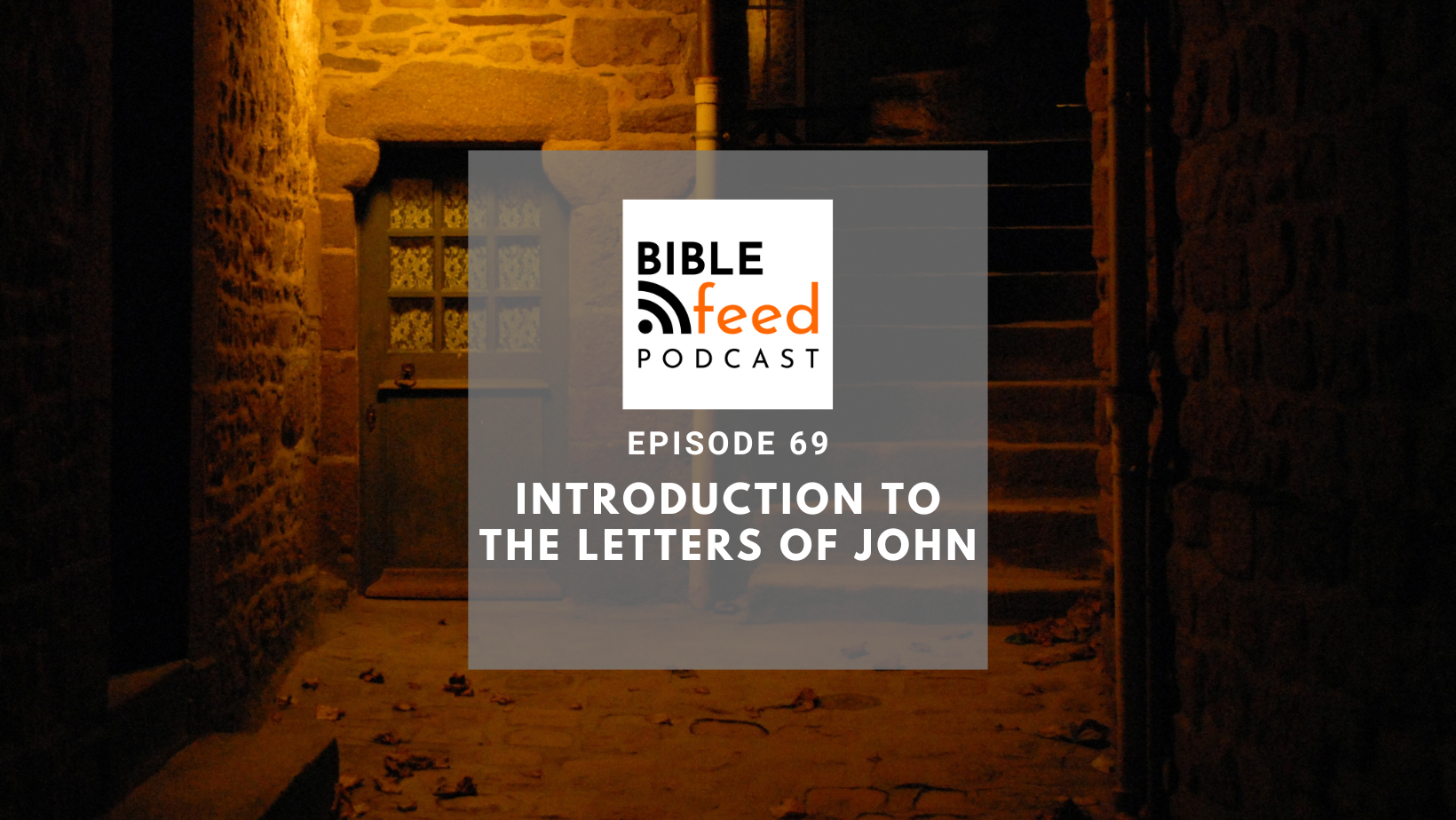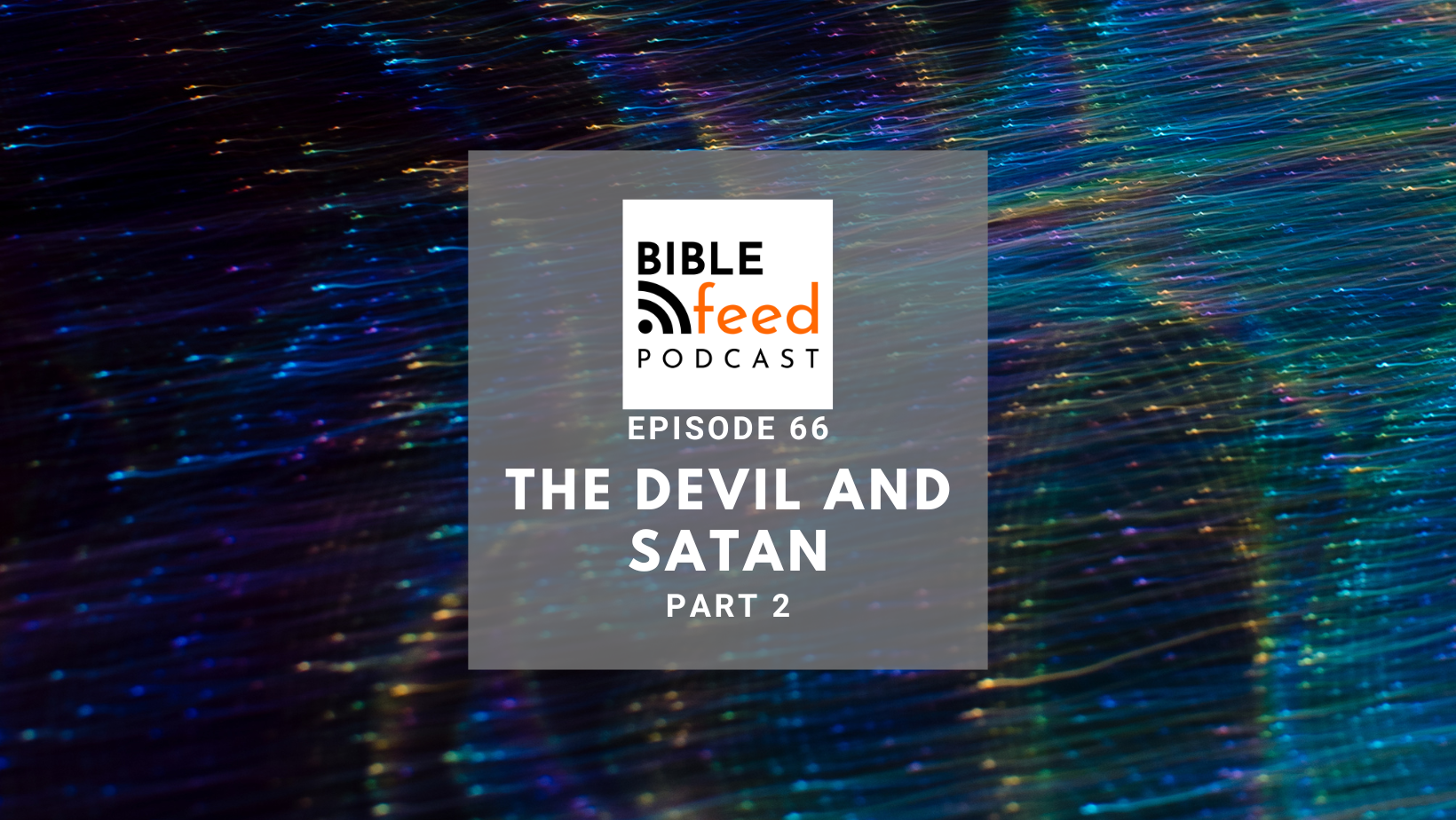Dan reviews Wisdom Christology in the Gospel of John, a book by Dustin R. Smith that seeks to open up the Jewish background to the fourth gospel. Smith argues that the wisdom literature of Proverbs and beyond is the basis for John's unique presentation of Jesus as the embodiment of God's wisdom. Find out more and get a glimpse into the research that goes on behind the scenes at Bible Feed as preparation for our podcasts!
In this episode Dan and Paul embark on an exploration of John's Gospel, unraveling its sense of majesty and mystery right from the opening verses. They discuss the unique structure and content of John's Gospel, comparing it to the Synoptic Gospels—Matthew, Mark, and Luke—highlighting its distinct opening, key themes, and the explicit purpose stated in John's narrative. They delve into the significance of belief, the role of witnessing, and the powerful symbolism of water and blood, offering a compelling argument for understanding John’s Gospel as a carefully selected collection of events aimed at strengthening the reader's faith in Jesus as the Messiah.
Dan and Laurence step into the New Testament for an introduction to the three letters of John. After exploring the stark contrasts and Torah references in the first letter they then see how the second and third letters apply the theory from the first letter to two opposite situations. And finally, little children, keep yourselves from idols...uh?
We continue their exploration of how these 'characters' appear in the Bible. In part 1 we reached a preliminary conclusion that they are used as terms to personify our inherent tendency to want to go our own way rather than God's way. We now look at many more of the relevant biblical passages to get to know the devil and satan better.
In the dead of night, in the middle of the sea of Galilee under a ferocious storm, Jesus appears walking on the waves towards his disciples. He calms the sea and the boat is immediately at land and safety. It's no wonder that the disciples were amazed at this. What did this mean? If Jesus could control creation by walking on the raging sea, does that make him divine? Does walking on water show that Jesus is God?
Christmas is a time of joy and festivity, but the joy sometimes fades away much quicker than we would like. By turning attention directly to the birth of Christ, can we recapture something of a more permanent joy and rejoicing to help us through life with more optimism and hope?
We finish our conversation discussing whether the text of the New Testament is reliable by diving into some examples of accidental copying mistakes as well as more deliberate changes that a scribe might make when copying texts.
When Jesus said "I and the father are one", what was the context? Our discussions lead us to understand that the phrase shouldn't be a theological battleground but is part of an intensely profound and practical theme for the lives of believers in Jesus which weaves through all parts of the New Testament.
We talk about practical ways of getting to know Jesus even though we only have written accounts in the Gospels to work with. Just as we change when we know and love someone really well, knowing Jesus should change us too.
We invited Tom Gaston back onto the show to answer your questions on Unitarianism and the Trinity. The writer and editor of ‘One God, the Father, a defence of Biblical Monotheism’ gives us his thoughts on the opening of John 1, the influence of Justin Martyr, the virgin birth and why any of this matter should matter to Christians.







